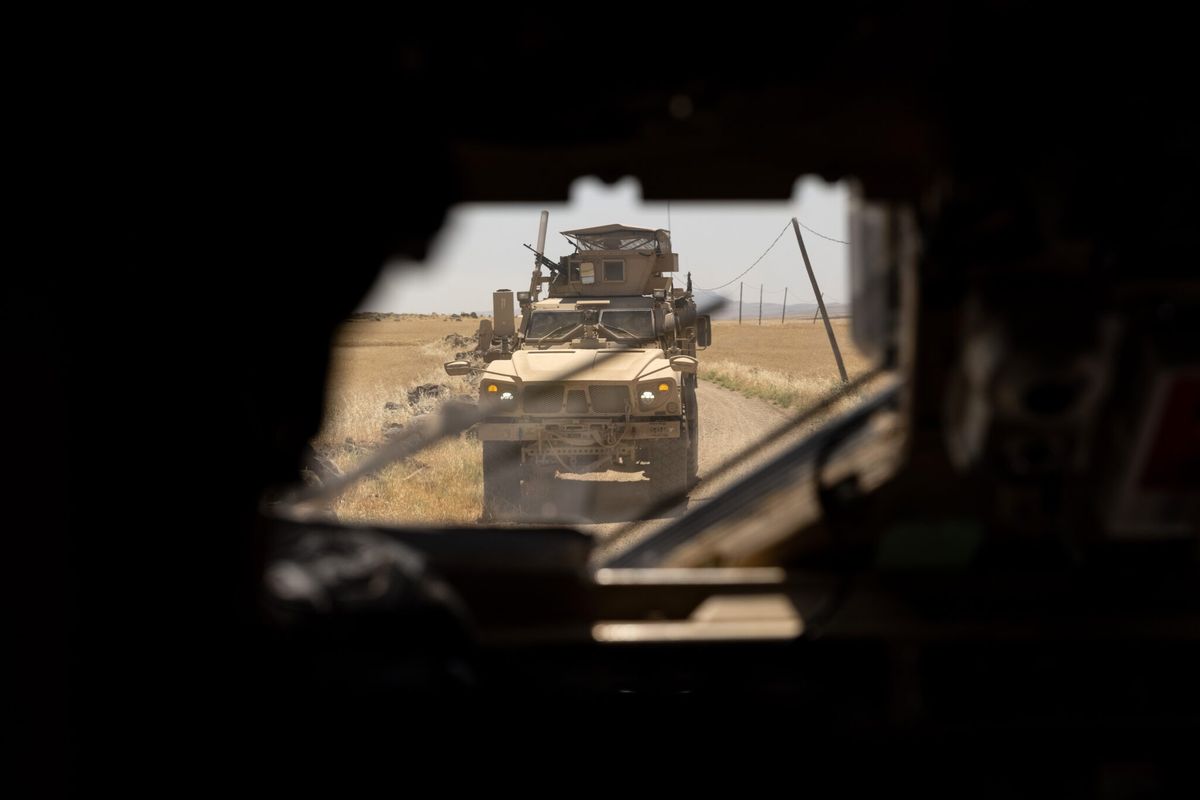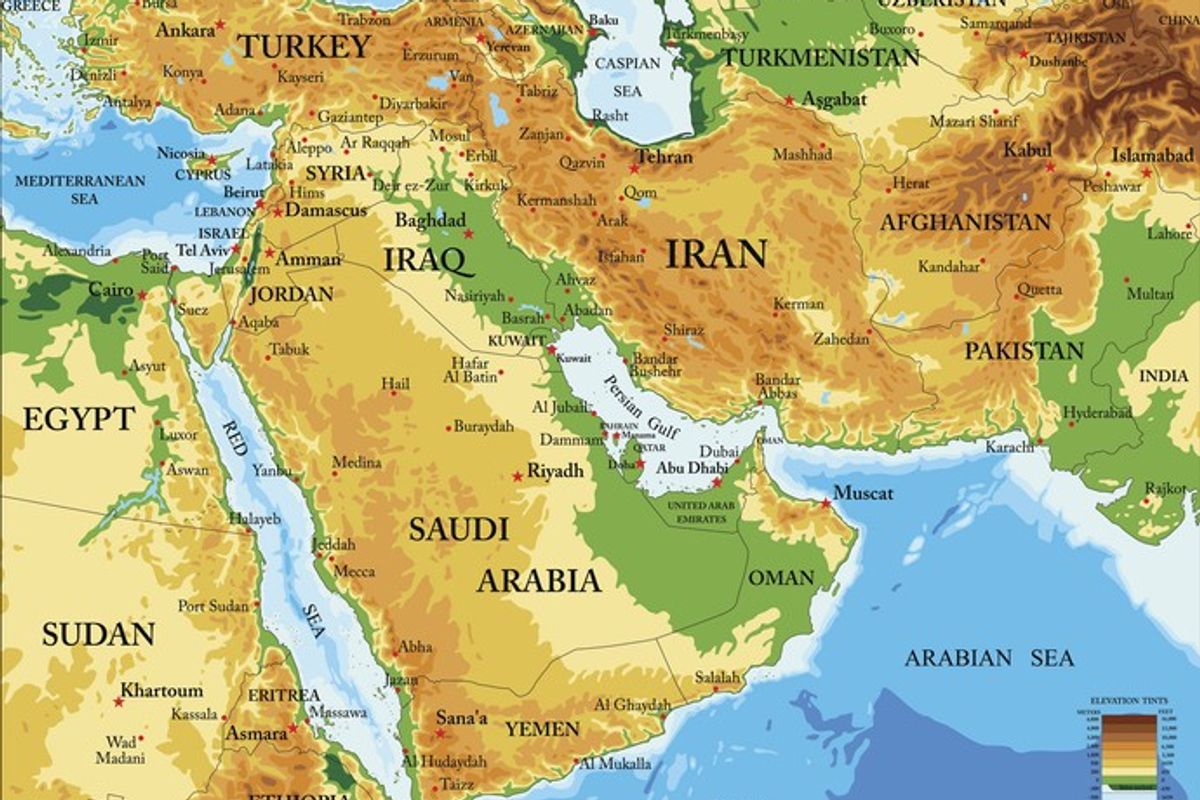The Kurdistan Regional Government is already suffering international blowback from its independence referendum, and now some Kurds are calling for the ouster of those who backed the vote, sending local politics into freefall.
Parliamentary elections scheduled for Nov. 1 were delayed on Monday, after the region’s political parties failed to present candidates. And the Kurdish territory’s second-largest political party – the Gorran Movement – called for current KRG President Masoud Barzani to step down.
It’s more fallout from Barzani’s stubborn insistence at following through with the September referendum, despite pleas by the U.S. and other allies to desist. Some 90 percent of ballots were cast for independence, but that’s produced anything but, with an angry Iraqi government sending troops to drive Peshmerga out of Kirkuk, and a Trump White House saying it won’t interfere.
“By miscalculating all his neighbors’ and Washington’s reaction, he has lost much territory and valuable oil fields and now has to deal with the dramatic consequences as outside forces, especially Iran, further divide the Kurds,” said former U.S. Ambassador to Iraq and Turkey and Cipher Brief Expert, James Jeffrey.
Prior to the referendum, KRG forces controlled a large swath of territory in northern Iraq, including the key oil-rich city of Kirkuk, and enjoyed close ties to both the U.S. and Turkey. Now, Turkey and Iran have curtailed border traffic with the landlocked KRG, and last Tuesday, Iraqi Army and paramilitary Popular Mobilization Units (PMU) forces captured the oil-rich city of Kirkuk in just one night. Scattered fighting between Iraqi forces and the Kurdish Peshmerga continues in the vicinity of Kirkuk.
Kirkuk’s shockingly fast fall appears to have sprung from a deal between the Patriotic Union of Kurdistan (PUK), which is a historic rival of Barzani’s Kurdistan Democratic Party (KDP), and the Iraqi government – Reuters reported that the deal may have been mediated by Iran, although Iran denies this. This rift is not only between the KPD and the PUK – it also represents an internal battle between two factions in the PUK, one leaning towards the central government in Baghdad and one aligned with the KDP leadership.
This PUK division threatens to fundamentally undermine the integrity of the Kurdish region.
“If the Iraq-aligned PUK faction led by the Talabanis decide to use the leverage they have gained…to purge the KDP-aligned figures, like Kosrat Rasul [First Deputy for the Secretary General of the PUK], and form a de facto regional government within the Kurdistan region [based around the city of Suleimaniya], the Erbil government will have no chance to stop this,” said Ceng Sagnic, Coordinator of the Kurdish Studies Forum at the Moshe Dayan Center.
Fritz Lodge is a Middle East analyst at The Cipher Brief. Follow him on Twitter @FritzLodge.













